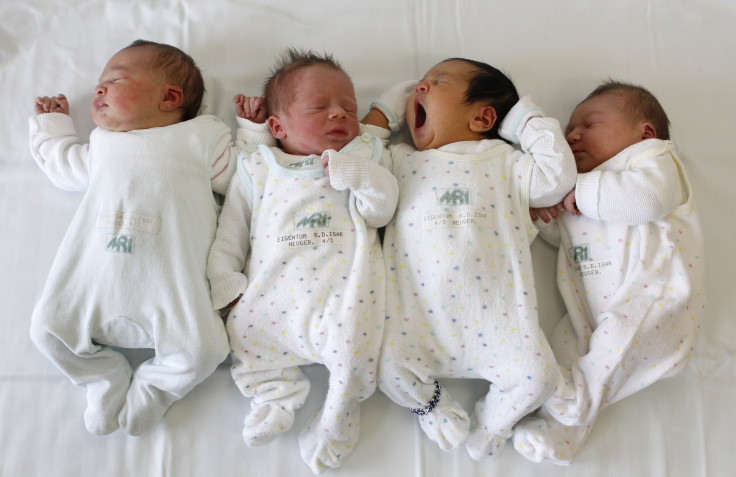Infants suffer unneeded pain due to clinical studies
Studies showed that the infants experience pain more strongly than adults.

About two-thirds of the clinical studies involves painful procedures in infants, which included a group of babies who got no treatment for their discomfort. This was despite the fact that proven pain relievers existed, said the medicaldaily.com report. These clinical studies had potentially breached the international standards for ethical research and made babies suffer unnecessary pain while conducting their studies, the report added.
Celeste Johnston, one of the report’s two authors and an emeritus professor at the Ingram School of Nursing at McGill University in Montreal, Canada, have proved through a research that the infants experience pain more strongly than the adults. This is due to the fact that the babies do not fully develop the nerve pathways that help one to block the painful sensations. Therefore, the receptive fields of nerve cells processing sensory input are larger in comparison.
What is more harmful is that these minor procedures might cause measurable psychological changes in newborns and there are chances that their heart rate and blood pressure levels might rise. This will further lead to drop in oxygen levels resulting in potentially harmful molecules called free radicals being released into their bloodstream, Johnston said.
"If you have a (pain) treatment that is established, then it’s unethical to withhold it even in a clinical trial." This is also against the Declaration of Helsinki, which is a set of ethical principles guiding research worldwide, she added.
Johnston, along with Joe Brierley, of Great Ormond Street Hospital for Children in London, looked specifically for studies in infants and examined numerous methods of pain relief for painful procedures such as heel pokes or needle pricks during researches, which were labelled as minor. The study revealed that 70 percent of the babies, or 32 of 46 trials, were exposed to such painful procedures and received no treatment to ease their discomfort.
Marsha Campbell-Yeo of Dalhousie University in Halifax, Canada, who studies pain in infants and is also a neonatal nurse practitioner, said, “Many ethics boards allow placebo-controlled trials using placebo control or usual care (which is nothing) and parents consent because their child has at least a 50-percent chance of receiving a potential pain-relieving treatment in that particular setting."
Reuters Health had mailed the researchers (each in Australia, Brazil and Malaysia) about such studies but received no reply, said the Reuters report.
Contact the writer at feedback@ibtimes.com.au, or let us know what you think below.




















